In the dynamic world of the fast-food industry, staying ahead requires a keen understanding of external factors that can significantly impact a business.
Thus, a thorough examination of the macro-environment is essential for strategic decision-making, and this is where a PESTEL analysis comes into play.
In this article, we delve into the complex layers of the renowned fast-casual restaurant chain Chipotle Mexican Grill through the lens of a PESTEL analysis.
By exploring the Political, Economic, Sociocultural, Technological, Environmental, and Legal factors influencing Chipotle, we aim to uncover insights that shed light on the company’s position in the market and its ability to navigate the complexities of the industry.
Join us as we dissect the external forces shaping Chipotle’s journey and gain valuable perspectives on the challenges and opportunities it faces in today’s ever-evolving business environment.
Chipotle PESTEL Analysis
Chipotle overview
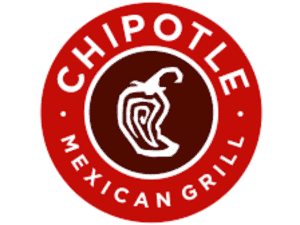
Founded in 1993 by Steve Ells in Denver, Colorado, Chipotle embarked on a mission to serve “food with integrity.”
Beginning with a single store emphasizing fresh, high-quality ingredients and sustainable practices, the chain experienced rapid growth in the 2000s, becoming a favorite among health-conscious consumers.
However, a setback occurred in 2015 when Chipotle faced foodborne illness outbreaks, negatively impacting its reputation and sluggish growth.
Under the leadership of CEO Brian Niccol, the company successfully navigated a recovery by focusing on operational efficiency, embracing digital ordering platforms, and implementing customer loyalty programs.
Chipotle is a successful and fast-growing company. By 2023, the company had more than 3,000 restaurants in the United States, Canada, Europe and Latin America.
Here are some of Chipotle’s company highlights:
Activities:
- Operates primarily in the United States, Canada, and Europe.
- Offers a limited menu of customizable burritos, tacos, bowls, and salads.
- Emphasizes fresh, locally sourced ingredients prepared in-house daily.
- Promotes sustainable practices throughout its supply chain.
- Has a strong digital presence with online ordering and delivery options.
Competitors:
- Direct: Qdoba Mexican Grill, Moe’s Southwest Grill, Taco Bell.
- Indirect: Fast-casual chains like Panera Bread, Saladworks, Five Guys.
- Traditional fast-food giants: McDonald’s, Burger King, Wendy’s.
Customers:
- Targets health-conscious consumers willing to pay a premium for fresh and high-quality food.
- Skews younger and more urban, with a strong millennial and Gen Z following.
- Appreciates Chipotle’s commitment to sustainability and ethical sourcing.
Strategies:
- Focus on digital ordering and delivery to cater to changing consumer preferences.
- Expand loyalty programs and reward initiatives to increase customer retention.
- Explore new menu options and promotions while maintaining core brand identity.
- Invest in employee training and development to improve customer service and operational efficiency.
- Prioritize sustainability throughout its operations, attracting environmentally conscious consumers.
Key Figures:
- Number of stores: Over 2,700 worldwide (as of August 2023).
- Sales: USD 8.16 billion in 2022, with consistent year-over-year growth.
- Number of countries: 5 (United States, Canada, United Kingdom, France, Germany).
- Average customer spend : USD 14.63 per transaction.
- Employee count: Over 90,000 globally.
Chipotle is a company that has set itself apart from the competition by offering authentic, quality Mexican cuisine. The company’s commitment to using fresh, high-quality ingredients is key to its success.
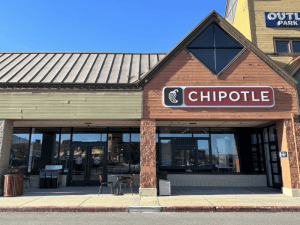
We now turn to the results of the PESTEL analysis of Chipotle:
Political environment
The political landscape plays a pivotal role in the operations of any business, and Chipotle is no exception. Government policies, regulations, and political stability can significantly impact the company’s ability to operate smoothly.
Issues such as food safety regulations, labor laws, and taxation policies are crucial considerations. Also, the Free trade agreement between the US and Mexico, known as the USMCA, is expected to reduce tariffs on agricultural products, potentially lowering the cost of avocados and other key ingredients for Chipotle in the US market.
Another example is the political instability in some Latin American countries, such as Colombia and Peru, which could disrupt supply chains and raise concerns about sourcing ethically from these regions. Chipotle relies heavily on avocados and other ingredients from Latin America.
Chipotle’s response to these political factors, including its commitment to sustainable sourcing and ethical practices, has become a defining feature of its brand.
Economic environment
The international economic environment can significantly impact Chipotle’s growth in various ways, influencing consumer spending, ingredient costs, and overall business feasibility. Here’s a breakdown of potential influences and recent examples:
Opportunities:
- Strong global economic growth: A thriving global economy translates to increased consumer spending power, potentially boosting demand for Chipotle’s offerings in international markets. For instance, in 2023, Chipotle reported strong financial results, partly attributed to the recovering post-pandemic economic climate.
- Favorable exchange rates: A stronger US dollar relative to other currencies can make it cheaper for Chipotle to expand into international markets and purchase ingredients abroad. In 2022, a favorable exchange rate in Canada contributed to Chipotle’s successful expansion in that market.
- Low inflation: Stable or low inflation rates can help control Chipotle’s costs, allowing them to maintain affordability and potentially attract price-conscious consumers, especially in times of economic uncertainty. In 2023, Chipotle managed to navigate rising food costs due to its efficient sourcing practices and commitment to sustainable ingredients.
Threats:
- Global economic slowdown: A sluggish global economy can lead to decreased consumer spending, dampening demand for Chipotle’s premium offerings in international markets. In 2020, the initial pandemic-induced economic downturn impacted Chipotle’s business, forcing temporary closures and adjustments to operations.
- Rising inflation: High inflation rates can increase ingredient costs and operational expenses for Chipotle, affecting profitability and potentially forcing price increases, potentially deterring cost-conscious consumers. In 2023, rising food costs posed a challenge for Chipotle, requiring them to implement strategic cost-saving measures.
- Currency fluctuations: Unstable exchange rates can create financial uncertainty for Chipotle’s international operations, impacting costs and profitability. For example, currency fluctuations in Argentina in 2023 posed economic challenges for Chipotle’s local branch.
Overall, navigating the international economic environment requires agility and strategic adaptation. By monitoring economic trends, adjusting pricing and sourcing strategies, and maintaining brand value, Chipotle can mitigate risks and capitalize on opportunities for continued growth in the global market.
Social environment
Sociocultural factors shape the preferences and behaviors of consumers, and the food industry is particularly sensitive to cultural trends.
Chipotle’s emphasis on fresh, locally sourced ingredients and its commitment to customization reflect an awareness of changing consumer preferences for healthier and personalized dining experiences.
Social trends, including sustainability and ethical consumption, are also integrated into Chipotle’s brand identity. Here’s a breakdown of potential influences and recent examples:
Opportunities:
- Growing awareness of health and wellness: Increased global focus on healthy eating habits aligns with Chipotle’s commitment to fresh, natural ingredients and sustainable practices. This can attract health-conscious consumers in international markets. For example, Chipotle’s emphasis on locally sourced, GMO-free ingredients resonates well with health-conscious consumers in Europe.
- Rising demand for convenience dining: Busy lifestyles and urbanization in many countries create demand for convenient dining options. Chipotle’s fast-casual format with customizable meals and quick service can cater to this trend. For instance, Chipotle’s mobile ordering and delivery options have been successful in attracting busy professionals in major cities worldwide.
- Acceptance of diverse cuisines: Increasing openness to exploring new culinary experiences creates opportunities for Chipotle to introduce its Mexican-inspired food to new markets. This can be particularly successful in regions with a growing appreciation for ethnic cuisines. For example, Chipotle’s entry into the Asian market in 2023 was met with positive reception due to the region’s growing interest in diverse food options.
Threats:
- Cultural differences in food preferences: Taste preferences and dietary restrictions can vary significantly across cultures. Chipotle may need to adapt its menu and ingredients to cater to local tastes, which can be challenging and require careful market research. For example, Chipotle’s initial menu in Europe faced some criticism for being too spicy for local palates, prompting adjustments to cater to regional preferences.
- Competition from local fast-food chains: Established local fast-food chains with strong brand recognition and lower price points can pose competition for Chipotle in new markets. This can make it difficult to gain market share and requires effective marketing strategies. For instance, Chipotle’s expansion into Brazil in 2022 faced competition from well-established local fast-food chains, requiring strategic pricing and targeted marketing campaigns to attract customers.
- Social movements and ethical concerns: Consumer awareness of social and ethical issues can impact their dining choices. Chipotle’s commitment to sustainable practices and ethical sourcing can be a selling point, but controversies or perceived inconsistencies can damage its reputation. For example, concerns about animal welfare practices at some of Chipotle’s suppliers in 2023 led to negative publicity and calls for boycotts, highlighting the importance of ethical sourcing practices for brand image.
Technological environment
The international technological environment presents both thrilling opportunities and significant challenges for Chipotle’s global expansion. Here’s a breakdown of how different technological trends can impact its growth, along with some recent examples:
Opportunities:
Digital ordering and delivery platforms:
Online ordering and delivery services like Uber Eats and DoorDash have boomed globally, offering Chipotle a way to reach new customers, increase convenience, and boost sales.
For instance, Chipotle’s partnership with DoorDash in Europe in 2023 led to a significant increase in delivery orders and customer reach.
Mobile payments and contactless ordering:
Technologies like Apple Pay and contactless ordering systems streamline the customer experience, reducing wait times and improving efficiency.
Chipotle’s implementation of mobile ordering and contactless payment options in several international markets has contributed to faster service and higher customer satisfaction.
Data analytics and customer insights:
Leveraging data analytics from online orders and customer interactions can help Chipotle personalize marketing campaigns, optimize menu offerings, and improve operational efficiency in different regions.
For example, analyzing data from mobile orders in Asia helped Chipotle identify popular ingredients and adapt its menu to suit local preferences better.
Threats:
Rising cybercrime threats:
Increased reliance on online platforms and digital ordering exposes Chipotle to potential cyberattacks and data breaches, requiring robust cybersecurity measures to protect customer information.
In 2021, Chipotle experienced a data breach, highlighting the importance of investing in cybersecurity for its international operations.
Competition from delivery-focused food startups:
New technology-driven food startups specializing in delivery and virtual kitchens can pose competition for Chipotle, especially in densely populated areas. Chipotle needs to stay innovative and adapt its offerings to maintain its competitive edge.
Digital fatigue and privacy concerns:
Growing concerns about excessive screen time and data privacy among consumers can potentially affect the appeal of online ordering and digital interactions. Chipotle needs to find ways to offer convenient digital options while respecting customer privacy concerns.
Innovation and technology are driving forces in the modern business landscape. Chipotle has embraced technology in various aspects of its operations, from online ordering and delivery services to digital marketing initiatives.
The integration of technology not only enhances customer convenience but also streamlines internal processes, contributing to Chipotle’s overall efficiency and competitiveness.
Ecological environment
The international ecological environment presents both challenges and opportunities for Chipotle’s growth, influencing everything from ingredient sourcing to customer perceptions.
Here are some examples of potential impacts on Chipotle’s growth:
Opportunities:
- Growing consumer demand for sustainability: Rising environmental awareness is driving a shift towards more sustainable food choices. Chipotle’s commitment to locally sourced, ethically raised ingredients and sustainable practices aligns with this trend, potentially attracting eco-conscious consumers in international markets.
- Climate-resilient agriculture: Investing in climate-resilient agricultural practices can help Chipotle secure a stable supply of key ingredients even in the face of extreme weather events and changing environmental conditions. This can ensure business continuity and enhance the brand’s reputation as a responsible company.
- Innovation in eco-friendly packaging: Developing and adopting sustainable packaging solutions like biodegradable or compostable materials can reduce Chipotle’s environmental footprint and resonate with environmentally conscious customers. In 2023, Chipotle’s pilot program using plant-based straws in Canada received positive feedback.
Threats:
- Climate change and extreme weather events: Climate change can disrupt agricultural production, leading to shortages of key ingredients and price fluctuations. This can impact Chipotle’s menu consistency and profitability. In 2022, droughts in California affected avocado harvests, impacting Chipotle’s supply chain and menu offerings.
- Water scarcity and pollution: Water scarcity and pollution can limit agricultural production and raise concerns about the sustainability of certain ingredients. Chipotle’s reliance on water-intensive ingredients like avocados could pose challenges in regions facing water stress.
- Regulations on environmental practices: Stricter environmental regulations on food production and waste disposal can increase operational costs for Chipotle. Adapting to these regulations requires proactive investment and innovation.
To summarize, environmental factors are increasingly crucial for businesses. Chipotle’s focus on responsibly sourced ingredients, environmentally friendly practices, and waste reduction aligns with growing consumer expectations for eco-conscious choices.
Balancing profitability with environmental responsibility has become a key consideration for Chipotle’s long-term viability.
Legal environment
The legal framework within which Chipotle operates encompasses a range of issues, including food safety regulations, labor laws, and intellectual property rights. Adhering to these regulations is not only a legal obligation but also essential for maintaining the trust of customers.
Chipotle’s commitment to transparency and compliance with legal standards is integral to its reputation.
Opportunities:
Fair labor practices:
Upholding fair labor practices and adhering to local labor laws in international markets can enhance Chipotle’s brand reputation and attract ethical consumers. Chipotle’s commitment to fair wages and employee benefits has resonated well in some international markets like Canada and Europe.
Strong intellectual property (IP) protection:
Robust IP protection in different countries safeguards Chipotle’s unique brand identity, recipes, and technology, preventing unauthorized usage and ensuring competitive advantage. In 2022, Chipotle successfully defended its trademark rights in a legal dispute in China, protecting its brand in a crucial market.
Threats:
Strict food safety regulations:
Stringent food safety regulations in some countries can increase operational costs and require adaptation of food handling and preparation practices.
In 2021, Chipotle temporarily closed some restaurants in Europe due to concerns about a local supplier’s practices, highlighting the importance of compliance with local regulations.
Complex labor laws:
Navigating complex labor laws and regulations in different countries can be challenging and require legal expertise. Non-compliance can lead to penalties, reputational damage, and operational disruptions.
In 2022, Chipotle faced lawsuits in the US regarding employee compensation, showcasing the potential legal challenges related to labor practices.
Unfavorable legal precedents:
Adverse legal rulings or regulations in specific markets can create obstacles for Chipotle’s operations and expansion plans. For example, potential changes in visa regulations in certain countries could impact Chipotle’s ability to hire skilled workers for international operations.
Overall, navigating the international legal environment requires careful legal counsel, adherence to local regulations, and proactive engagement with relevant stakeholders.
By demonstrating a commitment to ethical and legal compliance, Chipotle can mitigate risks, build trust with local communities, and pave the way for successful growth in diverse international markets.
Conclusion
In conclusion, a holistic PESTEL analysis reveals the multifaceted nature of Chipotle’s business environment. By navigating the complex interplay of political, economic, sociocultural, technological, environmental, and legal factors, Chipotle continues to position itself as a leader in the fast-casual dining sector.
This analysis not only provides a retrospective understanding of the company’s strategies but also serves as a valuable guide for anticipating and responding to future challenges and opportunities in the ever-evolving business landscape.
PESTEL Analysis Examples
To better understand the PESTEL analysis, we invite you to read our recent free examples of the Pestel framework.
PESTEL analysis of Brazil
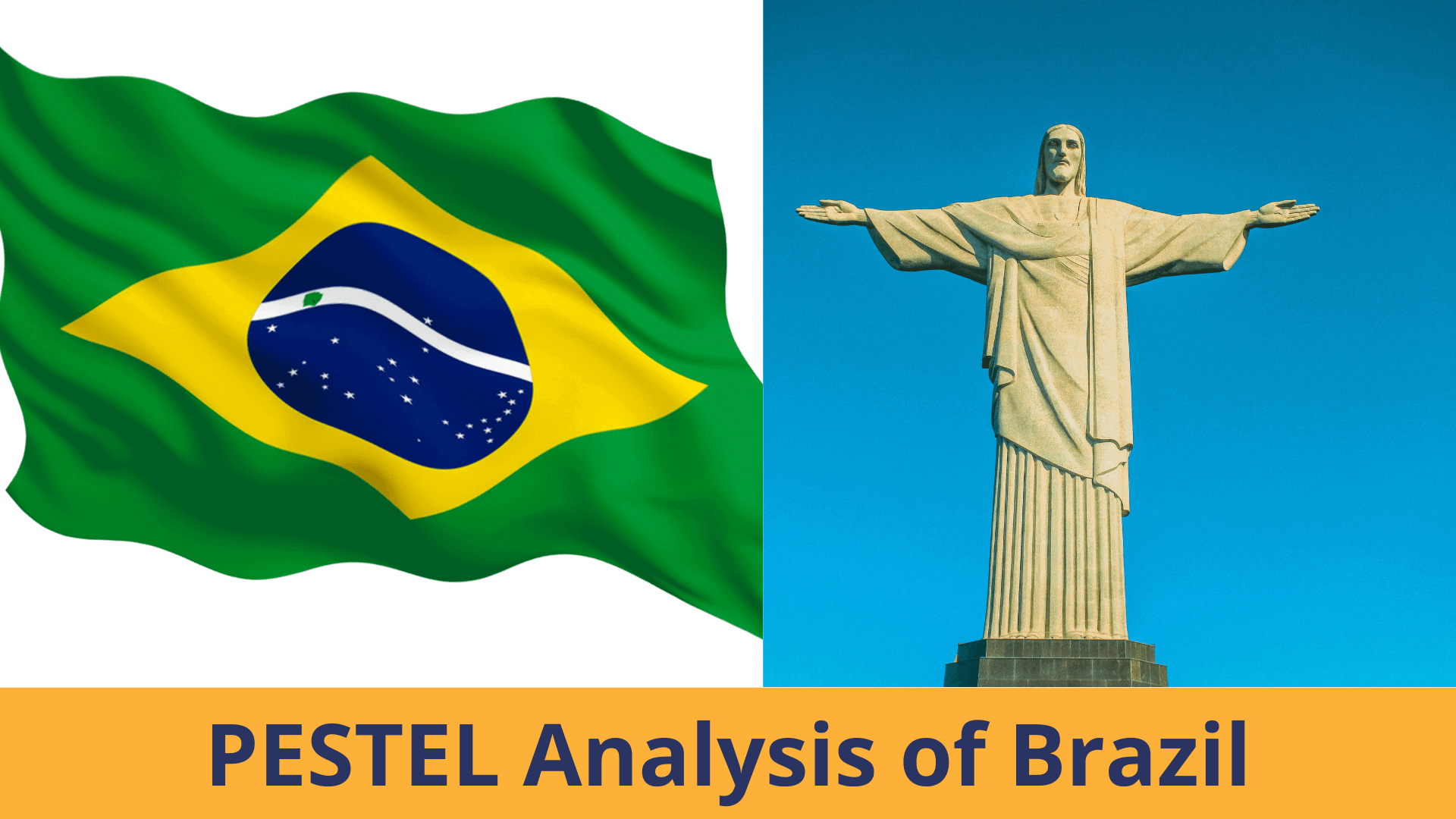
Click here to read our example of Pestel’s analysis of Brazil.
PESTEL analysis of Spotify

Click here to read our example of Spotify Pestel analysis.
Chick-fil-A PESTEL Analysis
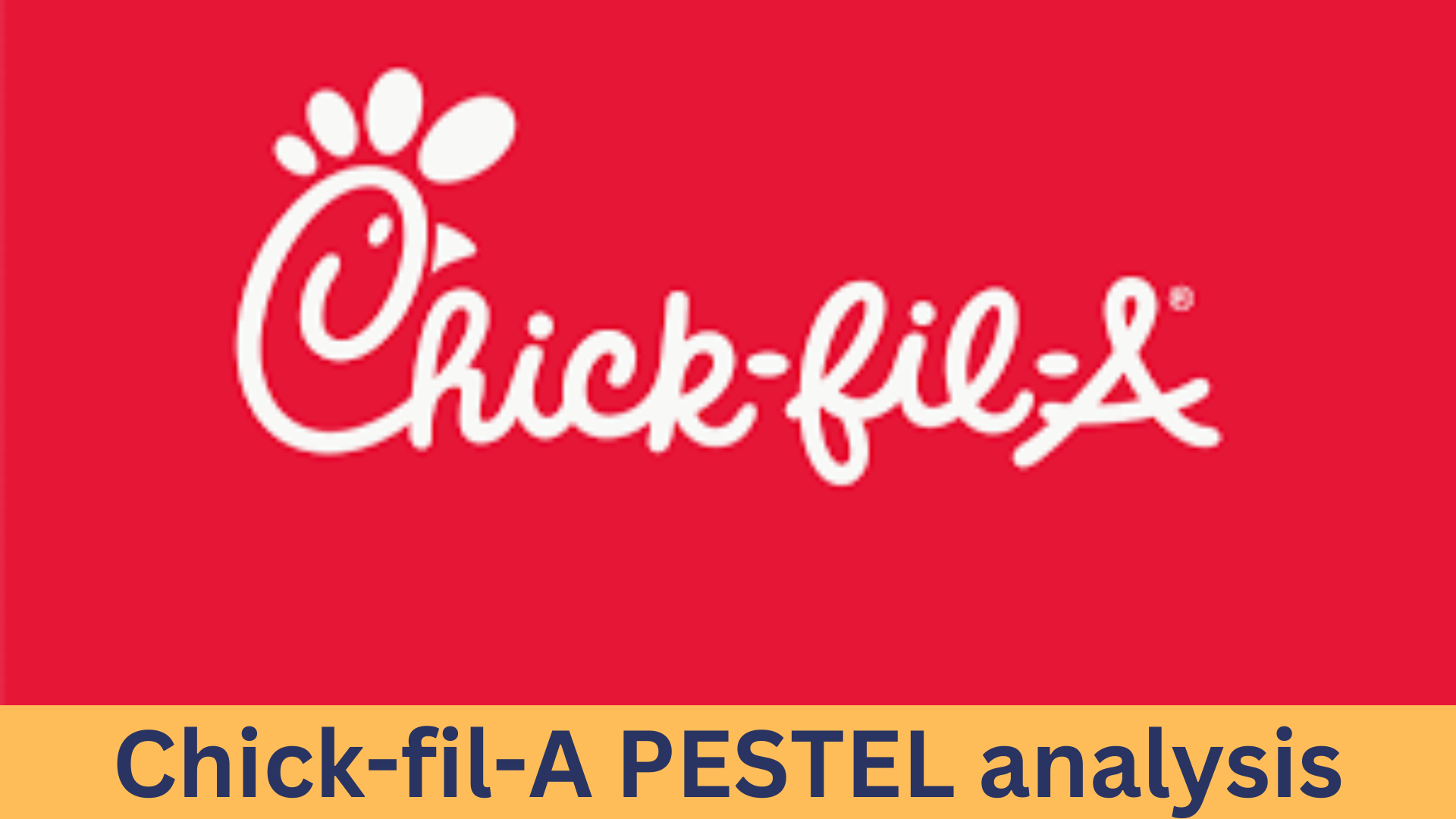
Click here to read our example of Chick-fil-A Pestel analysis.
Costco PESTEL Analysis
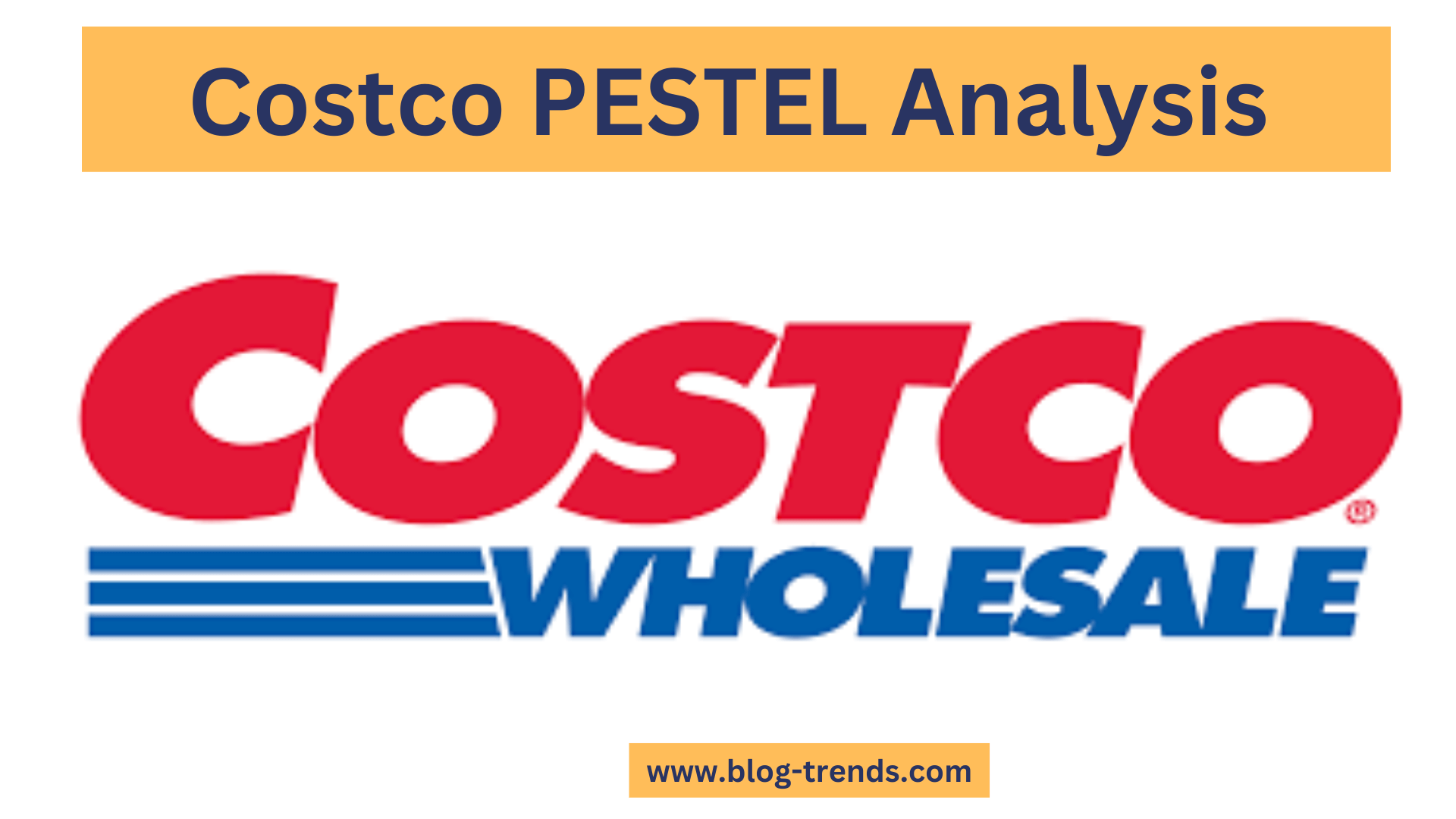
Click here to read our example of Costco Pestel analysis.
Microsoft PESTEL Analysis
Click here to read our example of Microsoft Pestel analysis.
Disney PESTEL Analysis
Click here to read our example of Disney Pestel analysis.
Airline Industry PESTEL Analysis
Click here to read our example of the Airline industry Pestel analysis.
Walmart Pestel Analysis
Click here to read our example of Walmart Pestel analysis.
Amazon Pestel Analysis
Click here to read our example of Amazon Pestel analysis.
McDonald’s Pestel Analysis
Click here to read our example of the Netflix Pestel analysis.
Netflix Pestel Analysis
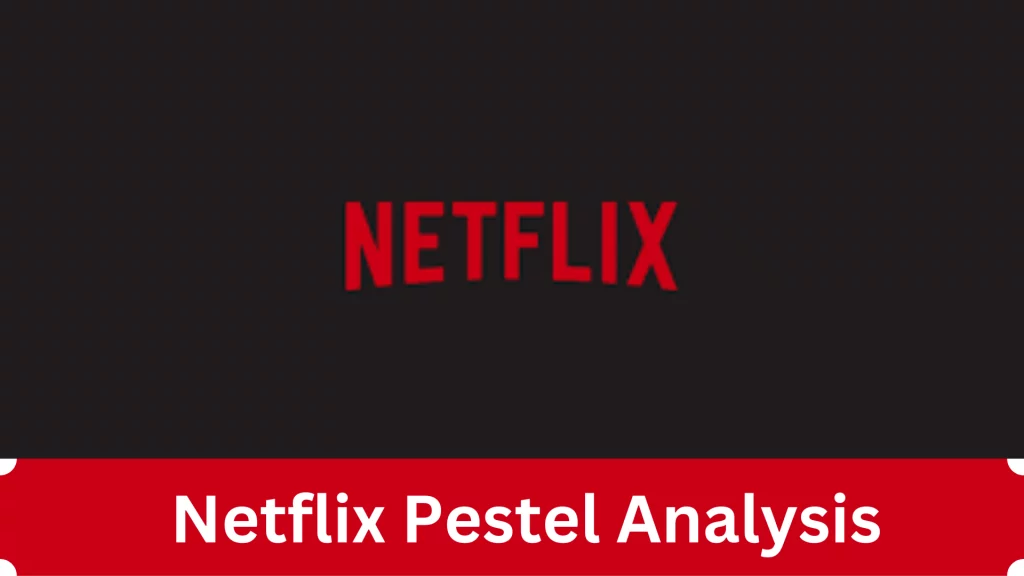
Click here to read our example of the Netflix Pestel analysis.
Apple Pestel Analysis
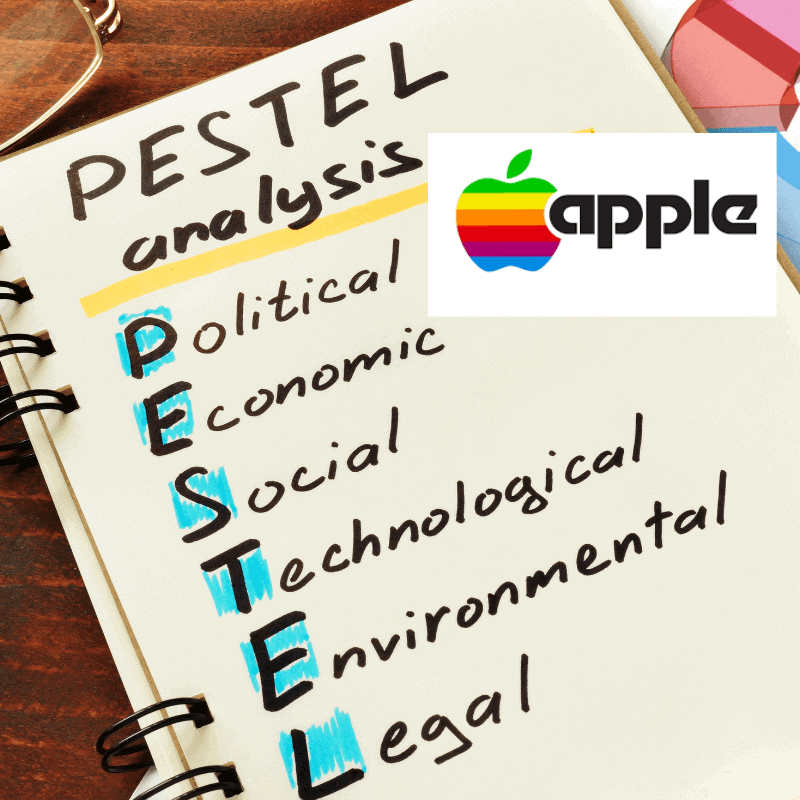
Click here to read our example of the Apple Pestel analysis.
Twitter Pestel Analysis

Click here to read our example of the Twitter Pestel analysis.
Facebook Pestel Analysis

Click here to read our example of the Facebook Pestel analysis.
Pestel analysis of the Social Media industry

Click here to read our example of the Pestel analysis of the Social Media industry.
IKEA Pestel Analysis
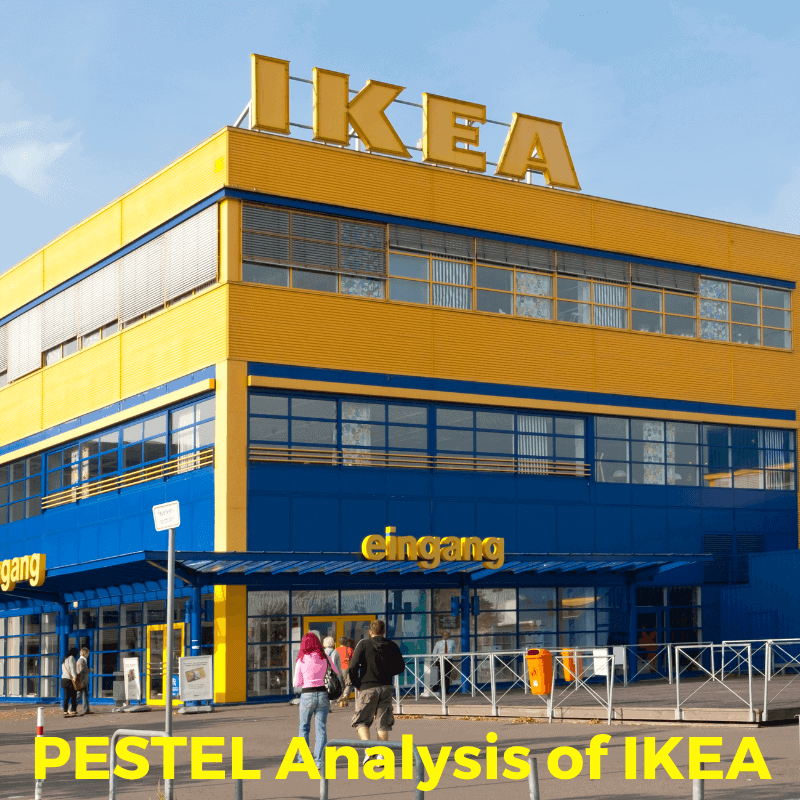
Click here to read our example of the IKEA Pestel analysis.

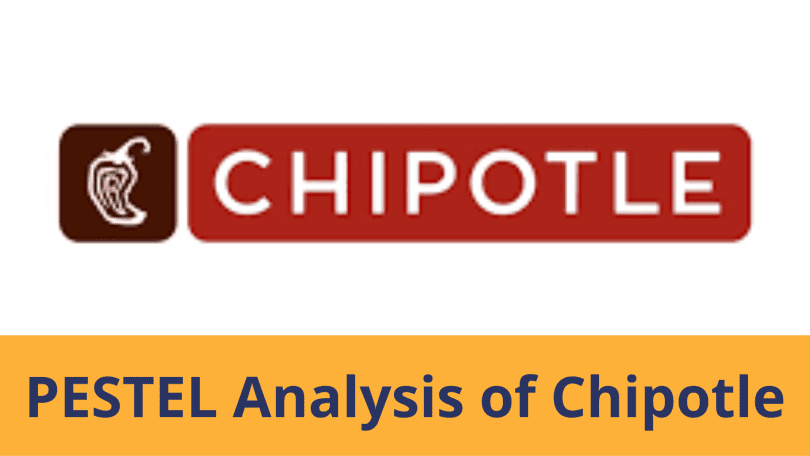








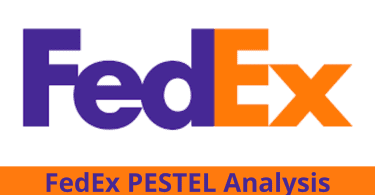

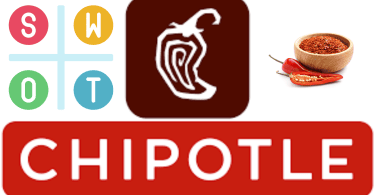
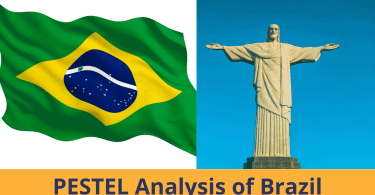
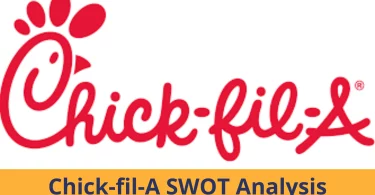


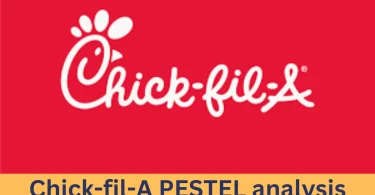
Leave a Comment